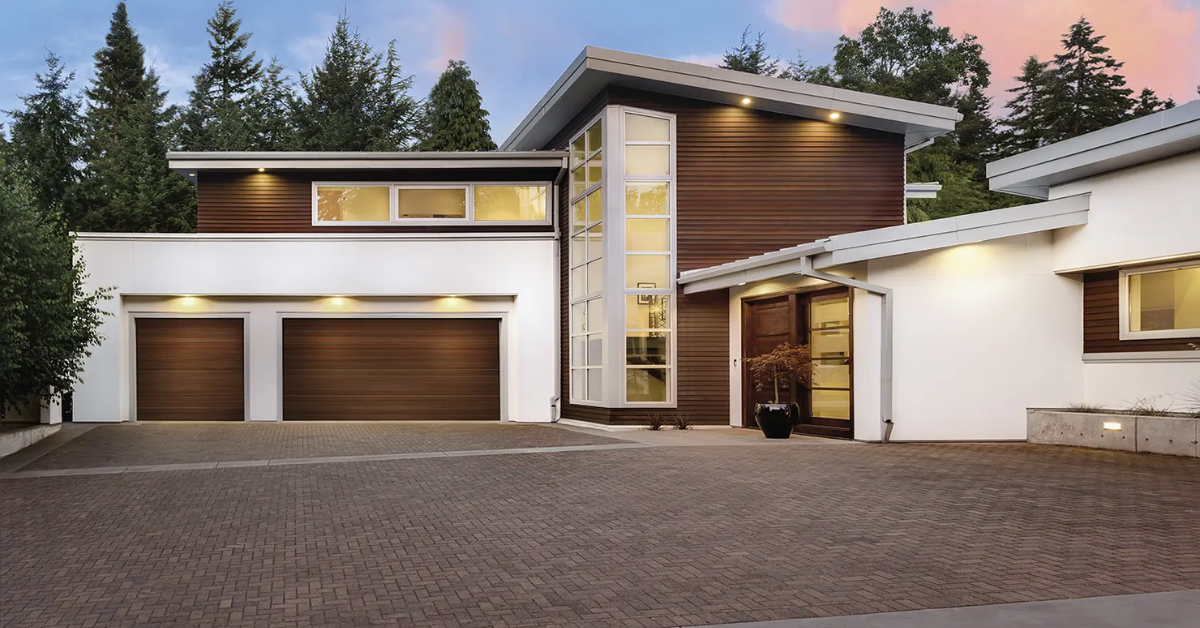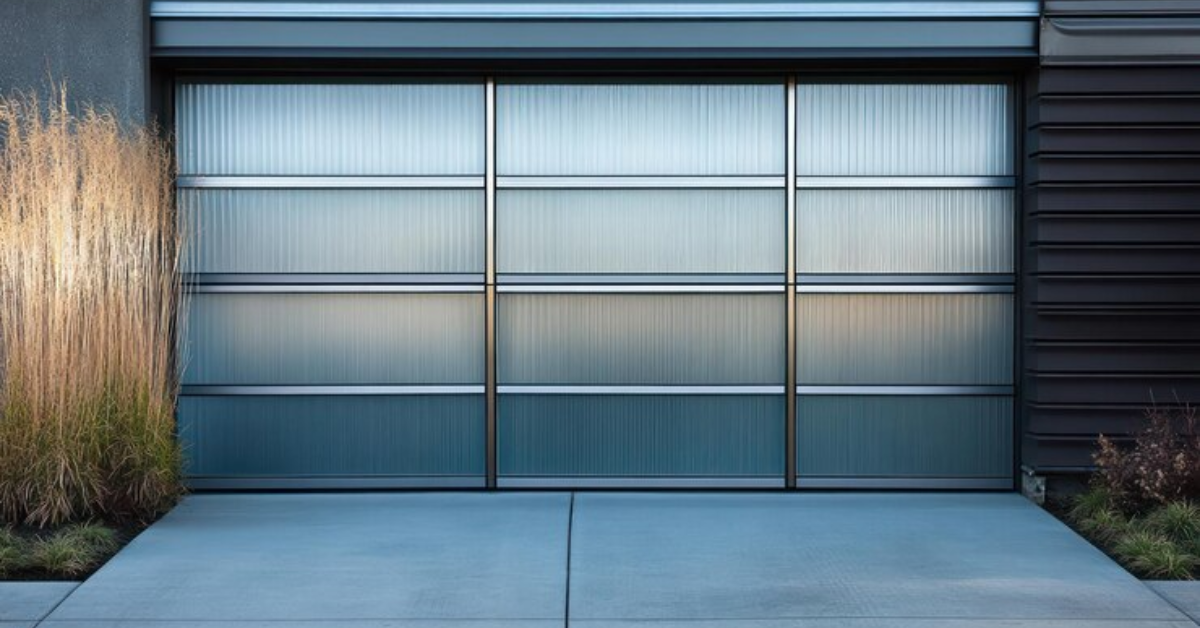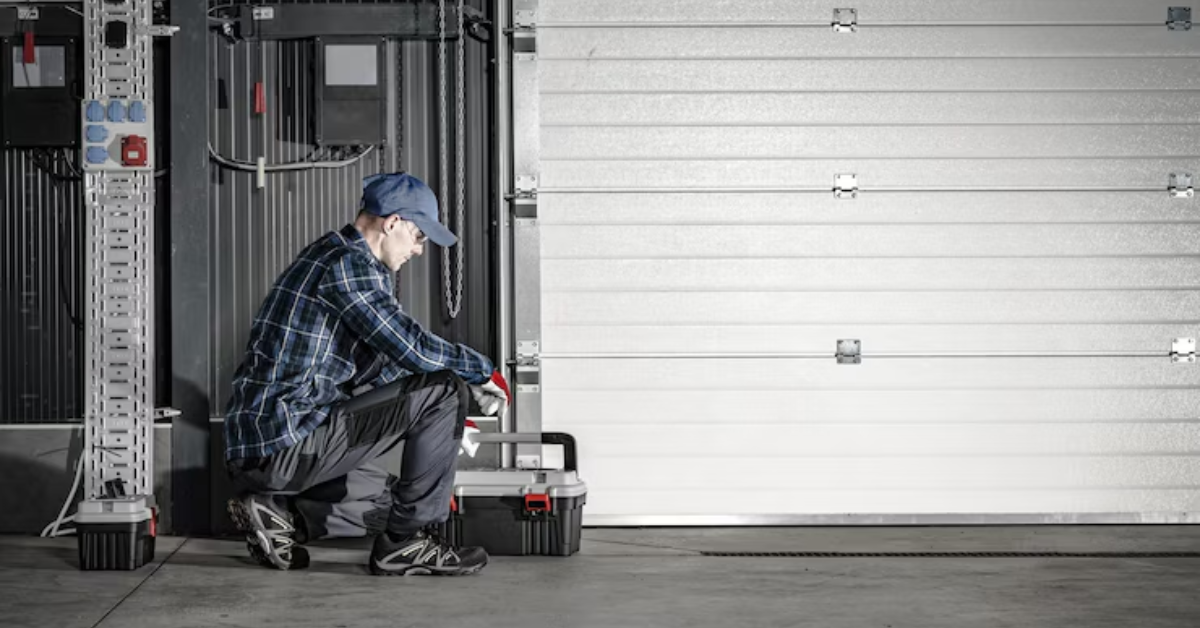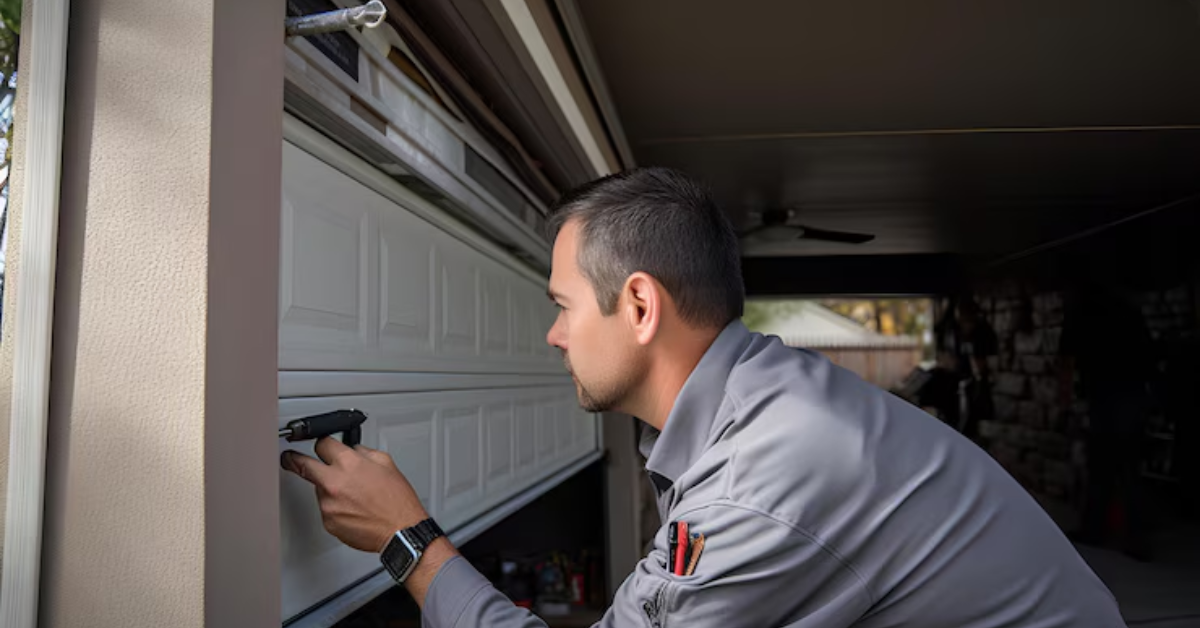Are Contemporary & Modern Garage Doors the Same Thing?
Home design is defined by the garage door, which sets the tone for the property's aesthetic appeal and architectural style. Amidst the myriad options available, the terms "contemporary" and "modern" often emerge, sparking a debate: Are contemporary and modern garage doors synonymous, or do they possess distinct characteristics? This inquiry delves beyond mere semantics, inviting homeowners to explore the subtle nuances that distinguish these two design styles. By unraveling the intricacies of contemporary and modern garage doors, we embark on a journey to discern whether they are indeed cut from the same cloth or represent unique expressions of contemporary design ethos.
Getting To Know Contemporary Garage Doors
Contemporary design embodies the essence of the present moment, drawing inspiration from current trends and innovations. In architecture and home décor, contemporary style often emphasizes sleekness, simplicity, and functionality. It is characterized by clean lines, open spaces, and a harmonious blend of form and function. Unlike traditional styles that may be rooted in historical influences, contemporary design embraces the spirit of the modern age, reflecting the dynamic nature of society and technology.
Characteristics of contemporary garage doors:
Material choices:
- Contemporary garage doors frequently feature modern materials such as aluminum, glass, and steel. These materials offer durability, low maintenance requirements, and a sleek appearance that aligns with contemporary design principles. Aluminum and glass panels are often favored for their ability to create a minimalist aesthetic and allow natural light to filter into the garage space.
Minimalist design features:
- One of the hallmarks of contemporary garage doors is their minimalist design. This design ethos prioritizes simplicity and clean lines, eschewing ornate details or embellishments in favor of a streamlined look. Contemporary garage doors may feature flat panels, smooth surfaces, and understated hardware, contributing to a minimalist yet sophisticated appearance that complements modern architectural styles.
Integration of technology:
- Contemporary garage doors often incorporate advanced technology to enhance convenience, security, and energy efficiency. This may include features such as remote-controlled operation, smart home integration, and energy-efficient insulation. Some contemporary garage doors are equipped with sensors and smartphone connectivity, allowing homeowners to monitor and control their garage door remotely for added peace of mind.
Contemporary garage doors embody the principles of contemporary design by prioritizing simplicity, functionality, and technological innovation. By understanding these characteristics, homeowners can select garage doors that seamlessly integrate with the overall aesthetic of their home while meeting their practical needs.
Exploring Modern Garage Doors
Modern design is characterized by its emphasis on simplicity, functionality, and the use of industrial materials. It emerged as a response to the ornate and elaborate styles of the past, seeking to streamline and simplify design elements while prioritizing efficiency and practicality. In the context of garage doors, modern design principles influence the choice of materials, aesthetic features, and overall architectural style.
Key features of modern garage doors
Clean lines and geometric shapes:
One of the defining features of modern garage doors is their emphasis on clean lines and geometric shapes. These doors often feature straight lines, sharp angles, and minimal embellishments, creating a sleek and contemporary appearance that complements modern architectural styles. Geometric patterns and asymmetrical designs may also be incorporated to add visual interest while maintaining a sense of simplicity.
Use of industrial materials:
Modern garage doors frequently utilize industrial materials such as steel, aluminum, and glass. These materials offer durability, strength, and a distinctly modern aesthetic. Steel garage doors, for example, are known for their resilience and low maintenance requirements, making them a popular choice for modern homes. Glass panels may be used to introduce transparency and lightness, blurring the boundaries between indoor and outdoor spaces.
Emphasis on functionality and simplicity:
Functionality and simplicity are paramount in modern garage door design. These doors are designed to seamlessly integrate with the overall architectural style of the home while providing efficient operation and reliable performance. Modern garage doors may feature innovative hardware and mechanisms for smooth opening and closing, as well as advanced security features for added peace of mind. The focus on simplicity ensures that the design remains uncluttered and visually appealing, without unnecessary ornamentation or decorative elements.
Modern garage doors embody the principles of modern design by prioritizing clean lines, industrial materials, and functional simplicity. By understanding these key features, homeowners can select garage doors that reflect their modern lifestyle and architectural preferences, while enhancing the overall aesthetic of their home.
Differentiating Between Contemporary and Modern Garage Doors
While contemporary and
modern garage doors share some common characteristics, such as their emphasis on clean lines and functionality, they differ in their interpretation of these principles. Both styles prioritize simplicity and minimalist design, often featuring sleek materials and geometric shapes. Additionally, both contemporary and modern garage doors may integrate advanced technology for enhanced convenience and security.
The primary distinction between contemporary and modern garage doors lies in their design ethos and aesthetic appeal. Contemporary garage doors tend to incorporate softer lines and subtle details, with an emphasis on organic forms and natural materials. In contrast, modern garage doors favor more angular shapes and industrial materials, such as steel and glass. Contemporary garage doors may feature warmer color palettes and textured finishes, while modern garage doors often showcase a monochromatic color scheme and smooth surfaces.
When choosing between contemporary and modern garage doors, it's essential to consider the compatibility of each style with your home's architectural theme. Contemporary garage doors are well-suited to a variety of architectural styles, including contemporary, mid-century modern, and transitional homes. Their versatile design allows them to complement both traditional and modern architectural elements seamlessly. On the other hand, modern garage doors are best suited to homes with a distinctly modern aesthetic, such as minimalist or industrial-inspired architecture. Their clean lines and industrial materials may clash with more traditional or ornate architectural styles.
Modern and Contemporary Garage Door Factors to Consider
Consider the overall architectural style of your home when selecting a garage door. Choose a style that complements the existing design elements and enhances the
curb appeal of your property. Whether your home leans towards contemporary, modern, or traditional architecture, there are garage door options available to suit your aesthetic preferences.
Think about your personal preferences and lifestyle needs when choosing between contemporary and modern garage doors. Consider factors such as maintenance requirements,
insulation properties, and security features. Think about how the garage door will function in your daily life and whether it meets your practical needs, such as ease of operation and durability.
Finally, consider your budget and maintenance requirements when selecting a garage door. Contemporary garage doors may offer a wider range of customization options and materials, which can affect the overall cost. Modern garage doors, with their focus on industrial materials and streamlined design, may require less maintenance over time. Evaluate the long-term costs and benefits of each option to make an informed decision that fits your budget and lifestyle.
Conclusion
Understanding the nuances between contemporary and modern garage doors is vital in selecting the perfect fit for your home. By considering factors such as design principles, architectural compatibility, and personal preferences, homeowners can make an informed decision that enhances both the functionality and aesthetic appeal of their property. Remember to explore a variety of options and choose a garage door that seamlessly integrates with the overall style of your home, ensuring a cohesive and visually appealing exterior.




